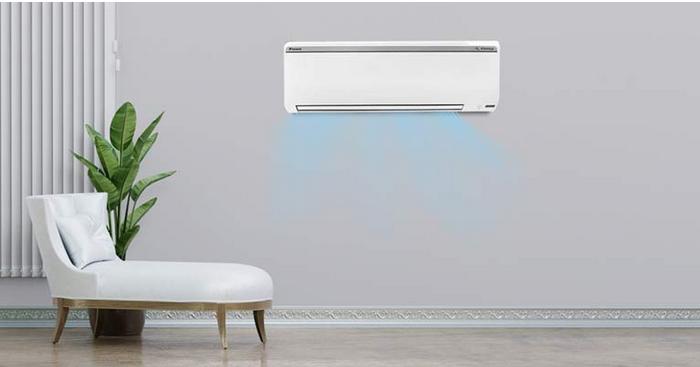Choosing The Best Air Purifier for Allergies
Due to the rapid industrialization, the surrounding air has become full of different types of allergens and pollutants. This presence of harmful airborne elements has triggered various respiratory problems in humans that could even lead to fatal scenarios. The outbreak of COVID-19 pandemic has turned things worse.
While our bodies are capable of fighting with these airborne elements such as allergens, dust, pollen, and microbes, there are a few devices that can protect us from these harmful allergens. Air purifiers are considered the best among them.
Air purifiers are electrical devices that are designed to protect us against particulate matter, dust, smoke, airborne pollutants, and other dangerous elements.
If you are exploring the best room air purifiers for asthma and allergies, here is a post that would help you find the best air purifier for air pollution.
Best Room Air Purifiers for Allergies and Asthma
Some of the most common symptoms among people suffering from allergies are coughing, sneezing, itching, and nasal congestion. In severe cases, they can also be accompanied by bronchitis, breathing difficulty, and asthma.
When it comes to getting the most reliable protection against these allergens, it is recommended to buy a good-quality air purifier that can help you get rid of allergy symptoms. Investing in the best room air purifiers will not just wipe off pollen, dust mites, and pen dander but numerous other harmful contaminants responsible for causing other health issues. The best quality air purifiers will bring down the presence of contaminants in the air, which otherwise can cause pneumonia, and other respiratory problems.
While choosing the best air purifier for asthma, you must look at the following things:
- CADR Ratings: The CADR rating or Clean Air Delivery Rate refers to the speed at which an air purifier purifies the air by eradicating pollutants when working at its full efficiency. A higher the CADR rating means a highly efficient air purifier.
- Coverage Area: Another most crucial thing to keep in mind when choosing an air purifier is coverage area. Check the product specification section and search for the Area Covered / Coverage Area section. It is typically recommended to choose an air purifier compatible with purifying the air in the area of the space required to be treated.
- Filter type: In today’s times of advanced technology, different types of air filters along with innovative technologies are available in the market. The most commonly used air filter for allergies you should consider while deciding on an air purifier are:
- Pre-filters: These filters are made up of foam or non-woven polyester filters that can eliminate bigger particles including pet hair. This kind of filter should be cleaned or replaced.
- True HEPA: High-Efficiency Particulate Air filters are the most commonly used filters for eliminating mold spores, pollen, dust, animal skin, capturing up to 99.97 percent of particles as small as 0.3 microns. The effectiveness of air purifiers is influenced by the size, composition, and design of the most popular type of air filter for allergies. Although the marketing term "True HEPA" has no scientific or legal significance, it is commonly used to mislead consumers into believing that their air filters fulfill the HEPA standard. Air purifiers that are marketed as "HEPA-type," "HEPA-like," "HEPA-style," or "99% HEPA" do not meet the HEPA Standard and are well below it.
- Activated Carbon Filter: These filters are employed in combination with several other filters. These filters engross and defuse odors and vapors generated by food, smoke, fumes, chemicals, and smoke.
- UV Filters: They are used in accord with HEPA filters to guarantee that you get infectants-free air all the times. These air filters for allergies are major installed in hospitals, pharmacies, restaurants, laboratories, and several other areas to eliminate the risk of airborne illnesses.
- PCO Filter: It refers to Photocatalytic Oxidation Filter. It is often used with UV light to get rid of minute pollutants of less than 0.3 microns. This filt4er oxidizes and breaks down chemicals to filter the surrounding air.
Finding the best air purifier for allergies and asthma in a large online marketplace is still a concern for many people, even though we now understand the significance of air purifiers for preventing allergies and promoting healthy breathing, as well as which air filters are the best to purchase. Here is a quick selection of the top air purifiers to help you start your asthma and allergies in a safer manner.
Conclusion:
Choosing the best room air purifiers for asthma and allergens won’t protect you from all airborne pollutants However, they may reduce most allergens and irritants from your home. This way, you can get rid of different types of pollutants that can be reason behind various respiratory issues such as cold, chronic sinusitis, pneumonia, bronchitis, and asthma attacks.




Comments